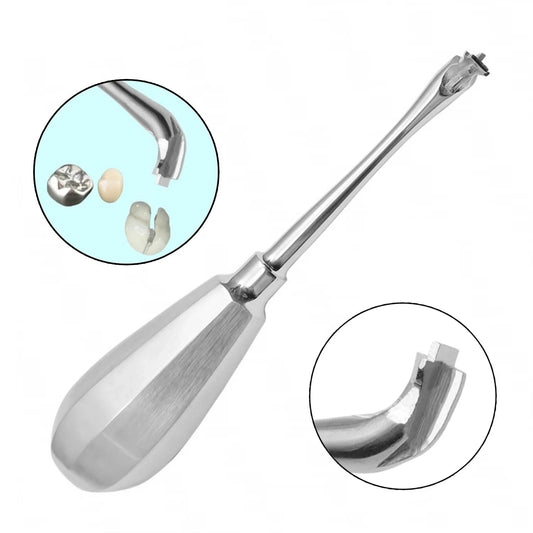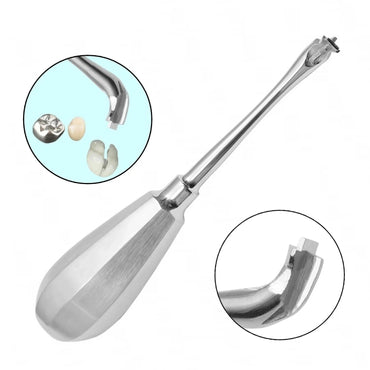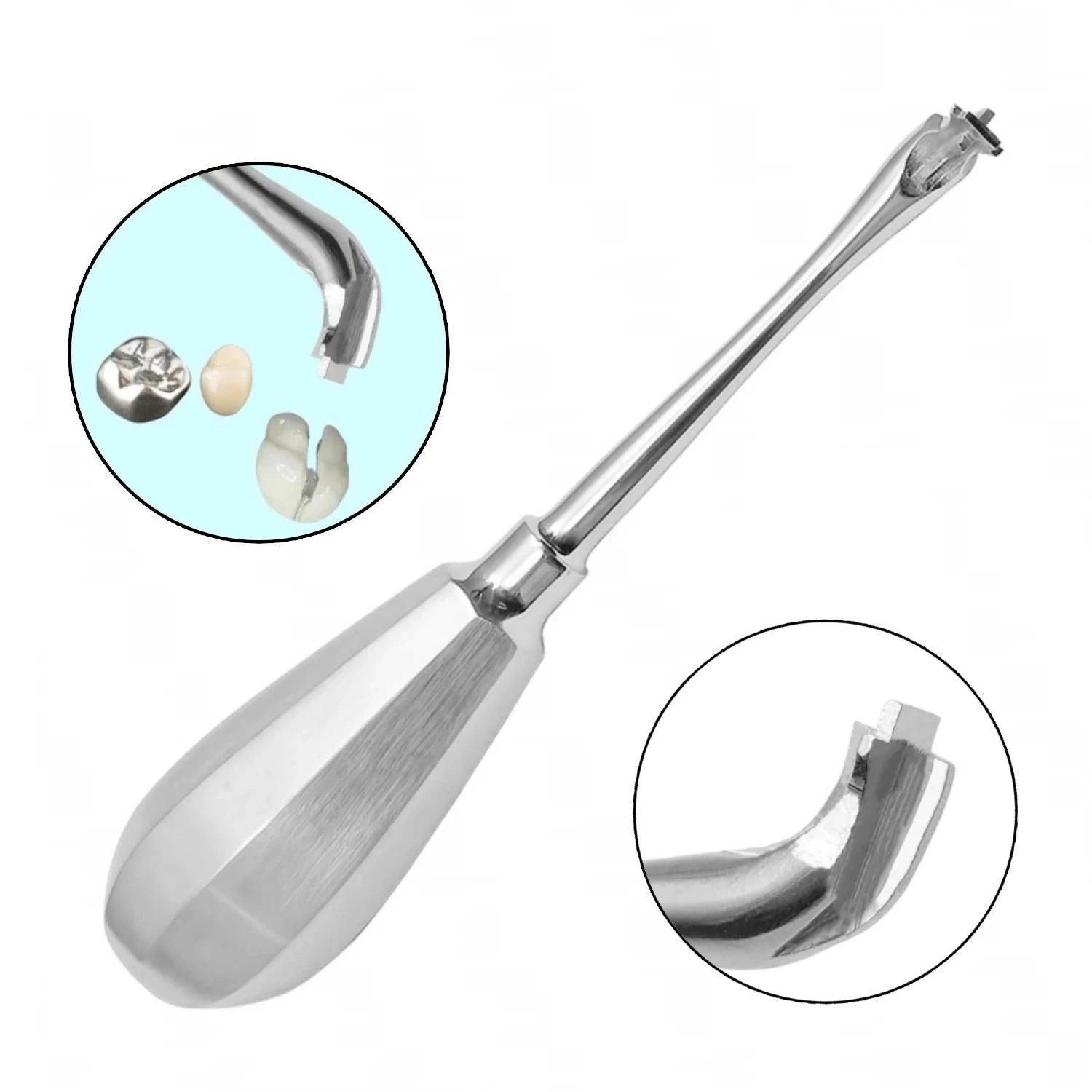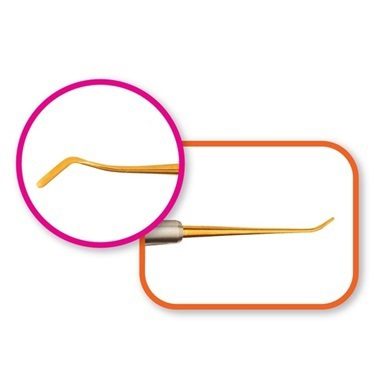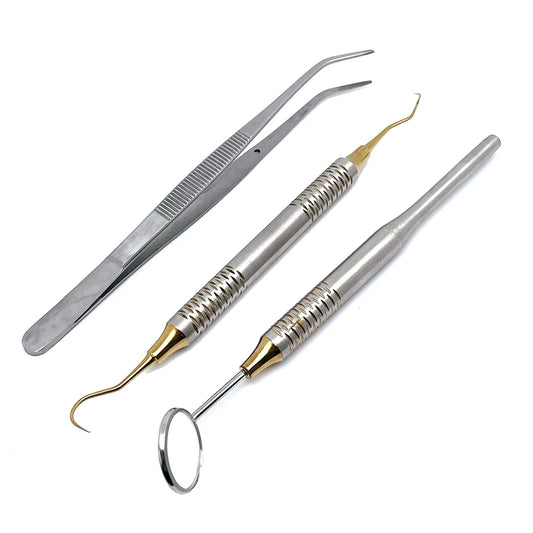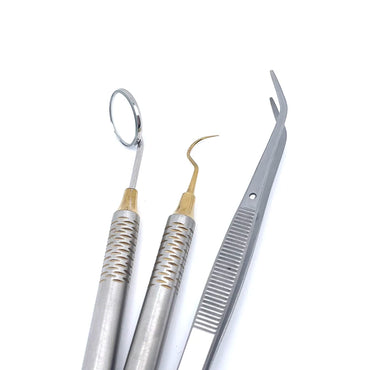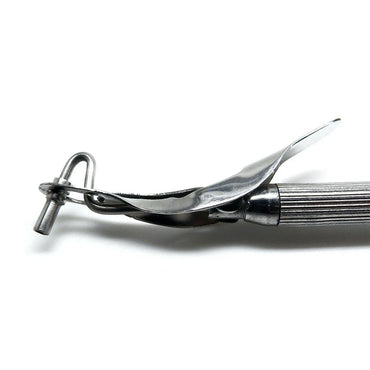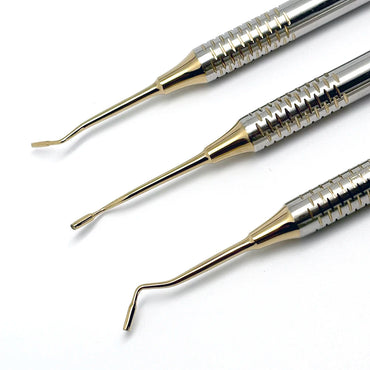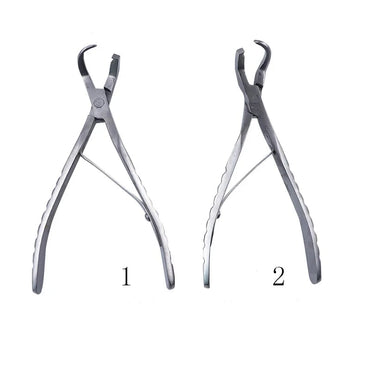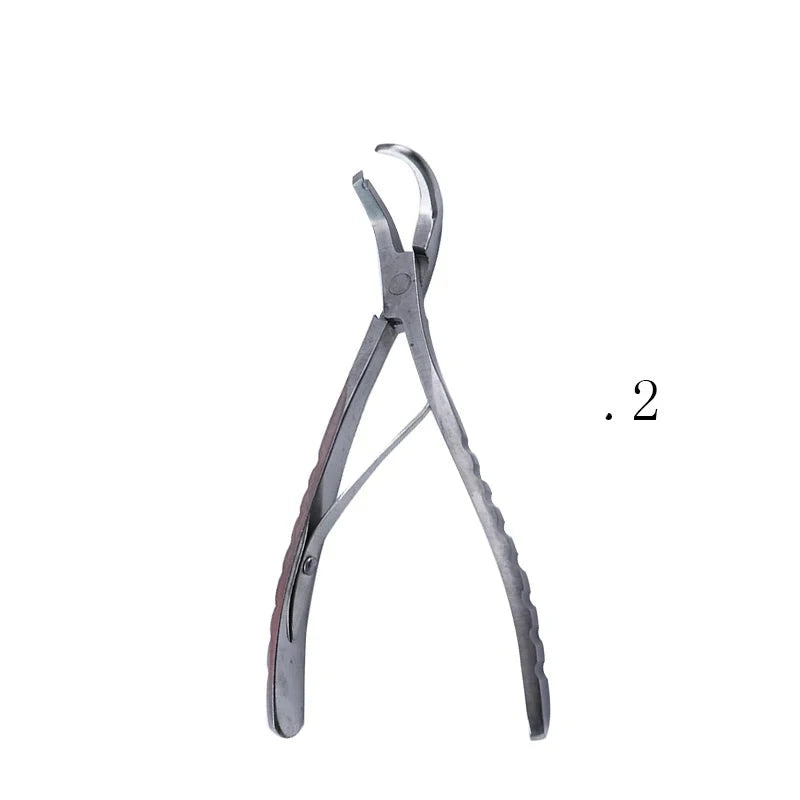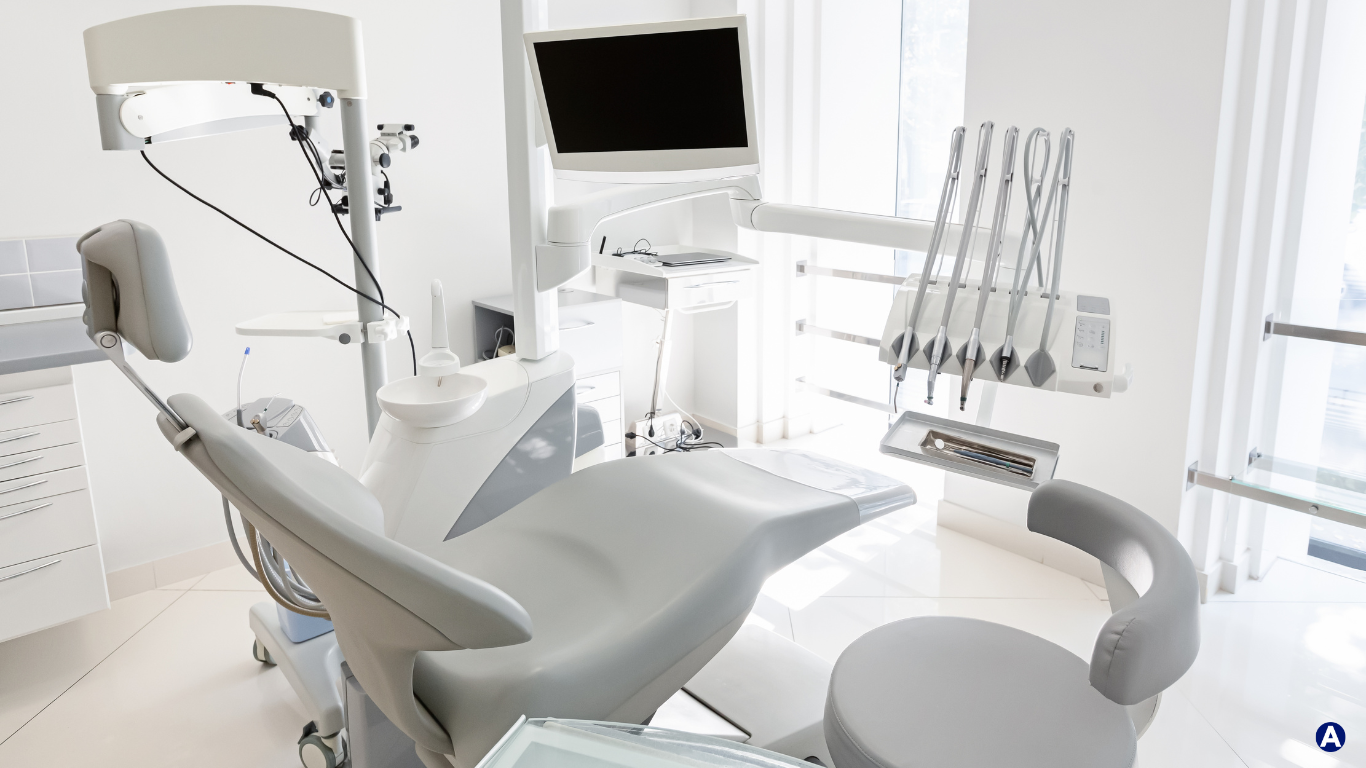Running a dental practice is a rewarding yet demanding endeavor. Between seeing patients, managing staff, handling finances, and keeping up with industry advancements, many dentists find themselves overwhelmed. The weight of daily responsibilities can lead to stress, burnout, and even a decline in patient care quality. However, one of the most effective ways to alleviate stress and enhance efficiency is delegation.
Delegating administrative and clinical tasks allows dentists to focus on what truly matters—providing excellent patient care. It frees up mental space, reduces the risk of burnout, and fosters a more productive work environment. In this article, we’ll explore why dentists should embrace delegation and how to implement it effectively in their practice.
Why Dentists Struggle to Delegate
Many dentists hesitate to delegate tasks due to various reasons:
-
Perfectionism: Some dentists believe no one can perform tasks as well as they can.
-
Lack of Trust: A fear that employees might not meet the required standards.
-
Time Constraints: Training team members requires time, which many dentists feel they don’t have.
-
Control Issues: Letting go of responsibilities can be difficult, especially for those accustomed to managing every detail of their practice.
While these concerns are understandable, failing to delegate can lead to inefficiencies, increased stress, and a lower quality of work-life balance. Learning how to delegate effectively is crucial for long-term success.
The Benefits of Delegation
1. More Time for Patient Care
By offloading administrative tasks to office managers and front desk staff, dentists can focus more on treating patients. A streamlined workflow ensures that patient care remains the priority rather than paperwork and scheduling.
2. Reduced Stress and Burnout
Trying to handle every aspect of a practice alone leads to exhaustion. Delegation distributes workload among team members, preventing burnout and fostering a healthier work environment.
3. Improved Team Morale and Efficiency
When staff members are trusted with responsibilities, they feel valued and empowered. This increases job satisfaction, engagement, and productivity. A motivated team leads to a well-run practice.
4. Increased Profitability
Time is money. Dentists who focus on high-value tasks rather than administrative work can improve patient flow, enhance service offerings, and ultimately increase revenue.
5. Enhanced Patient Experience
A well-delegated practice operates smoothly, ensuring that patients receive prompt attention and care. From streamlined check-ins to better appointment scheduling, delegation contributes to a superior patient experience.
Tasks Dentists Should Delegate
Administrative Tasks:
-
Scheduling and Confirming Appointments – Front desk staff should manage the appointment book, follow up on cancellations, and handle reminders.
-
Billing and Insurance Claims – A dedicated billing specialist can ensure smooth insurance processing and collections.
-
Ordering Supplies – Assign a team member to monitor and restock supplies, preventing last-minute shortages.
-
Marketing and Social Media Management – A marketing coordinator or an external agency can handle online presence, promotions, and patient outreach.
Clinical Tasks:
-
X-rays and Impressions – Dental assistants and hygienists can perform these tasks, allowing dentists to focus on treatment planning and procedures.
-
Patient Education – Educating patients on oral hygiene can be managed by hygienists or treatment coordinators.
-
Sterilization and Setup – Dental assistants should be responsible for preparing and maintaining a sterile environment.
-
Preliminary Examinations – Hygienists can handle routine cleanings, preliminary assessments, and patient histories.
How to Delegate Effectively
1. Identify Tasks to Delegate
Start by listing daily responsibilities and determining which ones can be handled by others. Prioritize tasks that do not require a dentist’s expertise.
2. Choose the Right People
Assign tasks to employees based on their strengths, skills, and job roles. Providing clear job descriptions helps avoid confusion and overlap.
3. Provide Proper Training
Delegation is only effective if employees are trained well. Invest in training programs and provide hands-on guidance to ensure competence.
4. Communicate Expectations Clearly
Set clear goals and expectations for each delegated task. Ensure staff understand their responsibilities and how their performance will be evaluated.
5. Trust and Empower Your Team
Micromanaging defeats the purpose of delegation. Trust your team to handle their responsibilities while providing support when needed.
6. Use Technology to Streamline Tasks
Implement dental practice management software to automate scheduling, billing, and patient communication. This reduces manual work and minimizes errors.
7. Regularly Review and Adjust
Monitor the effectiveness of delegation by conducting regular check-ins with your team. If necessary, make adjustments to improve workflow and efficiency.
Conclusion
Delegation is not a sign of weakness—it’s a strategy for success. By letting go of small tasks and empowering team members, dentists can reduce stress, improve productivity, and enhance patient care. Running a dental practice doesn’t mean doing everything alone; it means leading effectively and making the best use of available resources.
Embracing delegation not only benefits the dentist but also creates a more positive and efficient practice environment for the entire team. Start delegating today and experience the transformative power of letting go of the small stuff!






